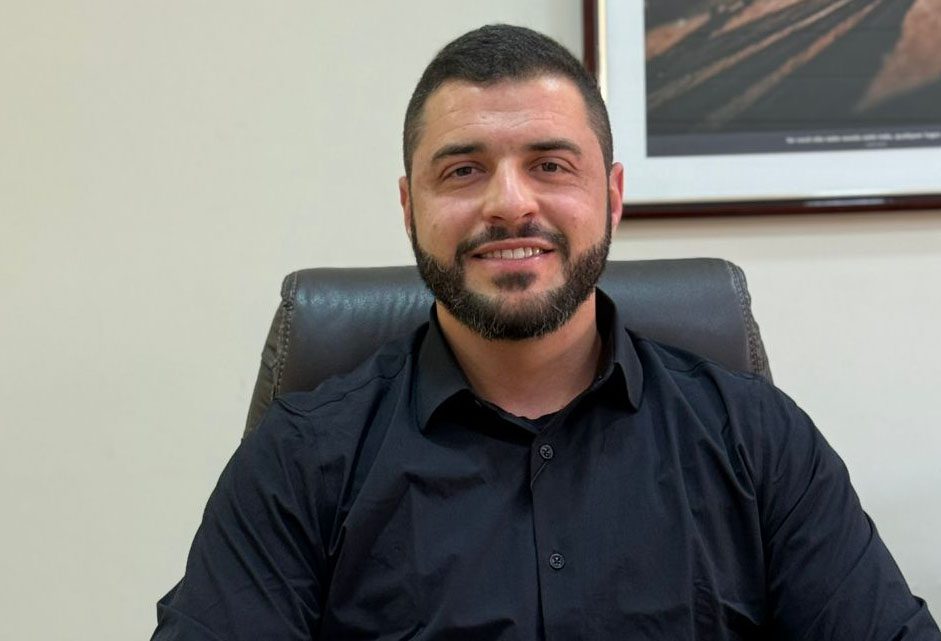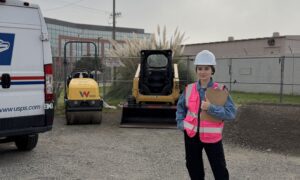The American swimming pool industry stands at an inflection point. Once driven largely by design trends and consumer demand, it now faces a growing technical reckoning defined by efficiency requirements, regulatory enforcement, and mounting environmental responsibility. As homeowners and developers invest heavily in sophisticated pool systems with heating, lighting, and automation, the margin for design error has narrowed sharply. Yet the industry continues to struggle with recurring problems that include poor hydraulic design, inefficient equipment selection, and escalating maintenance costs resulting from preventable construction flaws.
According to recent data from the Pool and Hot Tub Alliance, the United States has more than ten million residential pools and over three hundred thousand public facilities. Despite this vast market, the number of specialists trained to properly design and coordinate pool systems remains limited. With new pool installations increasing by nearly five percent annually in high-growth states such as Florida, California, and Texas, the gap between demand and technical capability continues to widen. Improperly specified systems not only lead to operational failures but also drive up national energy consumption. The U.S. Department of Energy reports that inefficient pool pumps alone can increase household energy costs by as much as seventy-five percent.
It is within this environment that Brazilian civil engineer Kauan Pecci is preparing to launch Pecci Enterprises LLC, a Florida-based consulting firm dedicated to bringing technical precision and engineering discipline to an industry often characterized by fragmented expertise. The company will provide independent consulting and advisory services to help architects, contractors, and developers achieve code compliance, optimize energy efficiency, and reduce project failures. Rather than competing with builders, it will function as a technical partner, guiding teams to make informed, data-driven decisions during the planning and execution of pool projects.
Mr. Pecci’s path to this initiative is rooted in a lifelong commitment to engineering excellence. As the lead engineer for Sólazer Piscinas, one of Brazil’s pioneering pool construction firms, he has overseen more than five thousand projects during his fifteen-year career. From luxury residential installations to large commercial facilities, his work has focused on integrating hydraulic, structural, and mechanical systems to ensure both performance and longevity. The experience shaped his technical expertise and revealed a consistent truth about the industry: small miscalculations can have major long-term consequences.
“Behind every successful pool project is a sequence of precise calculations,” Mr. Pecci explained. “If those numbers are off, even slightly, you are not just wasting money; you are jeopardizing safety, sustainability, and trust. My goal is to bring a culture of technical accuracy to an industry that too often relies on tradition and intuition.”
The challenges facing the U.S. pool industry extend beyond equipment and hydraulics. A national shortage of engineering professionals, estimated by the National Science Board to reach 3.4 million unfilled positions, has compounded the problem. In construction, the Associated Builders and Contractors project that more than half a million additional skilled workers will be needed by 2025. As a result, many pool projects fall into the hands of contractors without specialized training, creating design inconsistencies, inefficient systems, and frequent post-installation failures.
Pecci Enterprises will directly address these issues through a consulting model that merges engineering methodology with practical field experience. Its services will focus on technical plan reviews, equipment sizing, and regulatory compliance assessments. Although the company will not design or construct pools itself, it will provide detailed evaluations and recommendations at each project phase to ensure that systems meet the International Swimming Pool and Spa Code, local building requirements, and environmental efficiency standards.
The firm’s impact will extend beyond quality assurance. By introducing data-based consulting processes and standardized evaluation methods, it will help reduce rework costs, a hidden burden in construction that can account for ten percent or more of total project expenses. In commercial developments, where a single technical failure can delay openings and trigger legal disputes, such preventive measures carry significant financial weight. Pecci Enterprises will also promote sustainable practices by advocating for energy-efficient systems that align with U.S. climate initiatives and Environmental Protection Agency goals for emission reduction.
Although the company will be headquartered in Aventura, Florida, Mr. Pecci envisions a national reach. His approach, built on analytical rigor, continuing education, and bilingual communication, will allow the firm to support clients across state lines. In addition to consulting, the company will host training workshops and webinars designed to transfer critical knowledge to engineers and construction teams, empowering professionals to manage complex systems with greater confidence. These initiatives reflect Mr. Pecci’s belief that real change in the industry depends as much on education as on engineering.
The potential impact of this new firm is significant. As water conservation, sustainability, and safety standards tighten across all areas of construction, even modest improvements in technical precision could save millions of gallons of water and large amounts of energy each year. Industry data suggest that improper hydraulic and equipment design contribute to nearly twenty percent of the nation’s pool-related maintenance problems, affecting property owners, public facilities, and developers alike.
For Mr. Pecci, the launch of Pecci Enterprises is more than a business initiative. It represents a commitment to raising professional accountability in a field that directly influences engineering safety and environmental stewardship. By offering clear, actionable technical guidance to those who build America’s pools, he hopes to set a new benchmark for precision and reliability—one that ensures every project, regardless of scale, performs as beautifully as it looks.
As the U.S. pool construction market continues to grow, the arrival of firms such as Pecci Enterprises may mark the beginning of a new phase—one defined not only by expansion but by renewed dedication to quality, compliance, and sustainability at every stage of design and construction.































